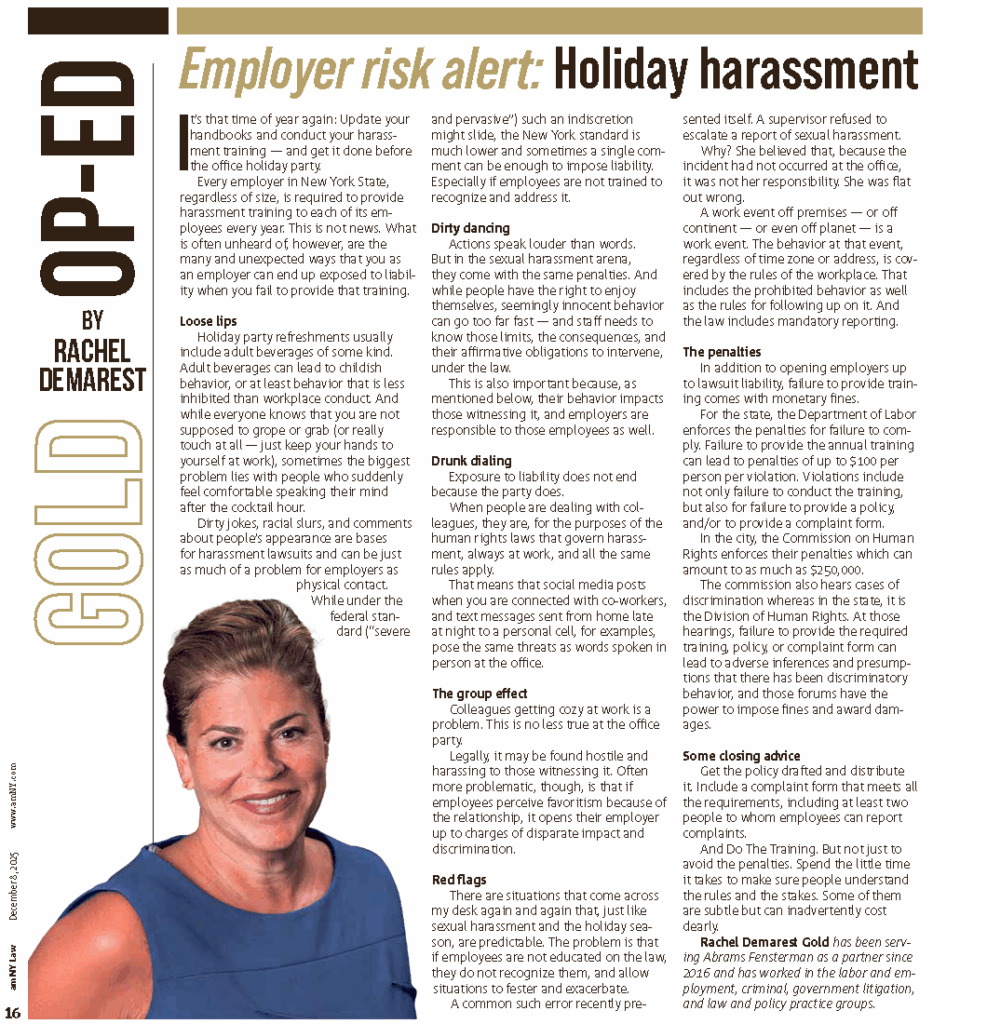When the repo man comes to take the BMW from the driveway, does he take the marriage with him?
When money is used to paper over a bad marriage, and then the cash starts to disappear, those fragile domestic relationships can collapse faster than the stock market. It has happened in the past, when we didn’t have anywhere near the amount of financial pain being experienced now. If past is prologue, expect the rate of divorce to accelerate as we lurch from a national housing crisis to a broader, and more sustained, Wall Street meltdown.
Money and romance are hard to separate, even under the best circumstances. These days, some folks seeking relationships are using Internet chat rooms to tell prospective dates upfront they have no connection to Lehman Brothers or other failed investment houses. In other words, they are “wallet worthy” and deserve a chance. Others are trying to connect with similar, suddenly unemployed, Wall Streeters for the purpose of shared commiseration and companionship.
Once the partnership is formed, money and marriage go hand in hand down the aisle. While the pre-wedding dowry is long gone from our society, dollars in a marriage still define lifestyle and the perception of how others see that couple.
Yet wealth can easily obscure the cracks and fissures of even longtime relationships, so when the dollars begin to thin, as in a recession, some marriages begin to suffer lethal aftershocks.
Interestingly, sustained recessions do more damage to marriages than genuine economic depressions. During the last rampage of a bear market, which began in 2000 and lasted until well after the 9/11 terrorist attacks, the National Center for Health Statistics reports that the divorce rate edged up in New York, subsiding only when the economy began to regain its footing.
Demographers report that during the 1930s, things were so bad people didn’t have the financial resources, or the emotional will, to pull the plug on marriages gone sour. In addition to Wall Street’s being down during the Great Depression, so too were weddings and births – along with divorces. Desertions rose, however, as many unemployed men walked away from their families either in search of work or their self-respect. Widespread unemployment and economic malaise basically froze most dynamic movement within those domestic relationships, telegraphing a fear of yet one more change at a time of crisis.
The loss of wealth many couples are now experiencing are never mentioned, noted or planned for when couples draft prenuptial agreements. One reason might be that you can’t rationally divide a foreclosure, and most young couples who have experienced nothing but easy credit and plenty of consumer goods haven’t been able to conceive of an economic implosion touching their lives.
In the months to come, we may see amended prenups, where prospective spouses want to put some legal distance between themselves and their partners’ financial obligations as their investments disappear in the economy’s retreat. Yet, the grim truth is, when marriages are centered on houses, cars, jewels, clothes and other adult playthings, no prenuptial agreement will ease the arrival of the repo man. Perhaps it might be best to remember that some of the more lasting vows were offered 70 years ago, when couples started their lives with little more than some used furniture, one good suit and the promise to see it through “for richer or for poorer.”





